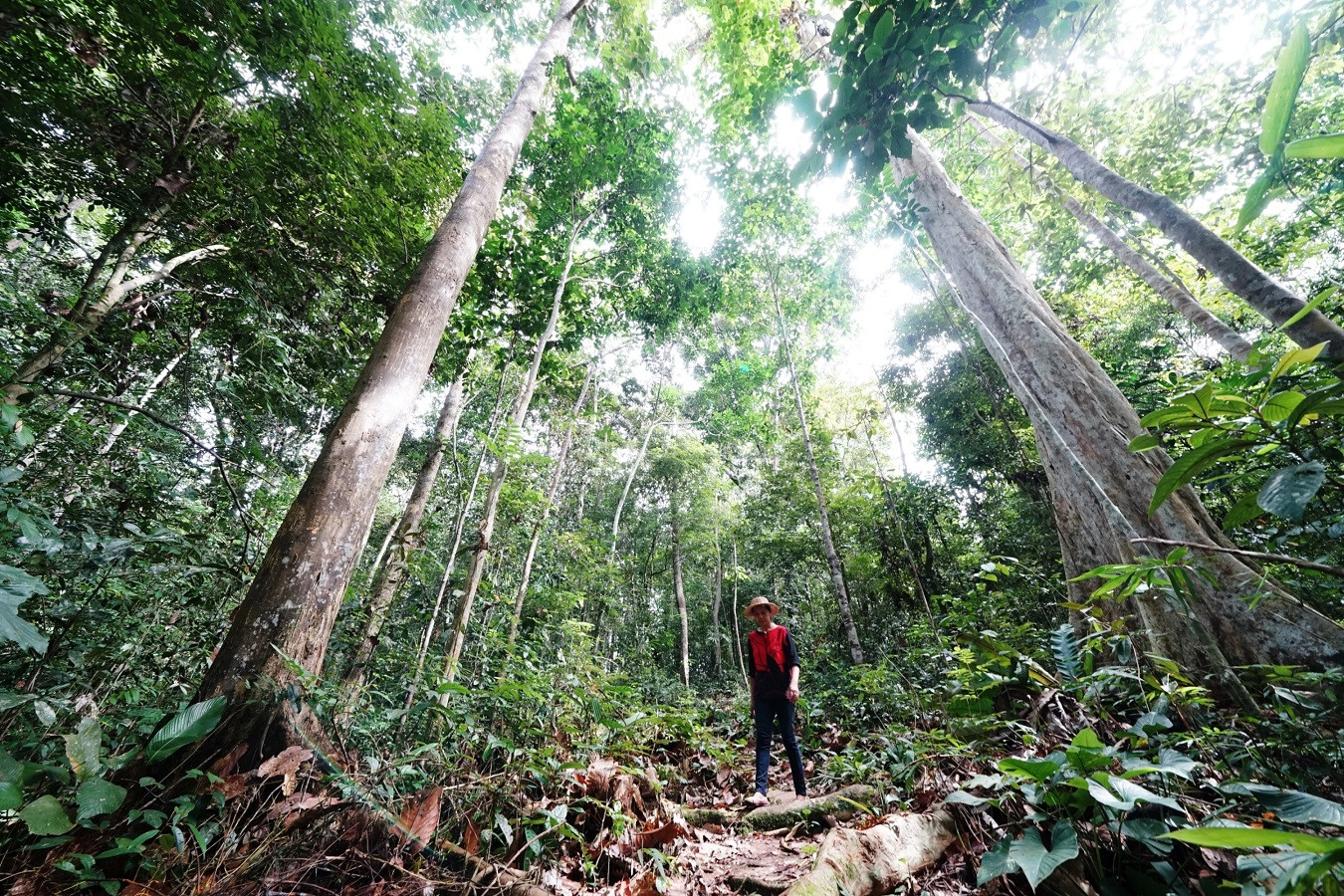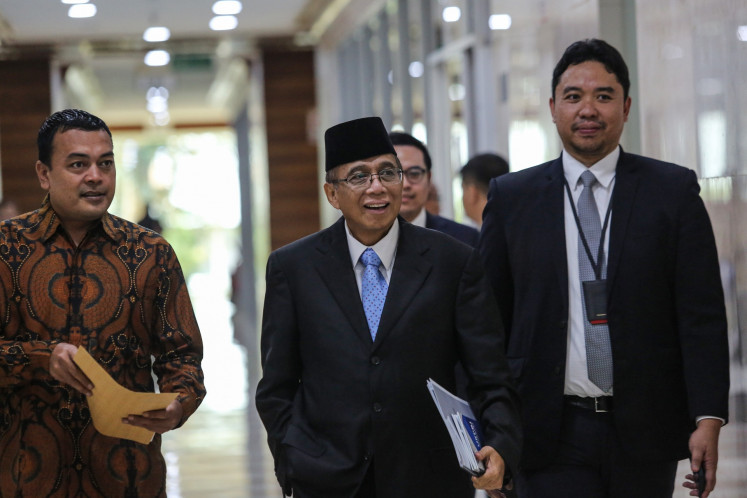Popular Reads
Top Results
Can't find what you're looking for?
View all search resultsPopular Reads
Top Results
Can't find what you're looking for?
View all search resultsA decade of partnership between Indonesia, Norway to combat climate change
It has been verified that Indonesia was able to reduce its CO2 emissions in 2017 by the equivalent of 11.2 million tons. The first result-based payment will amount to US$56 million.
Change text size
Gift Premium Articles
to Anyone
T
he year 2020 may be remembered as the year of the COVID-19 pandemic, but this year marks two important milestones between Indonesia and Norway.
As we commemorate 70 years of diplomatic relations between the two countries, we also observe 10 years of bilateral partnership in combating deforestation and climate change. Ten years ago in May 2010, Indonesia and Norway were committed into a partnership by signing a bilateral agreement (LOI) to reduce emissions from deforestation and forest degradation (REDD+) under the framework of the United Nations Framework Convention on Climate Change (UNFCCC).
Through this agreement Indonesia aimed to reform its forest management and reduce its carbon emissions with the support of Norway, which pledged to provide financial assistance of up to US$1 billion for Indonesia’s policies and actions to reduce greenhouse gas emissions.
Within the last 10 years, Indonesia through its national action plan, has set an ambitious target to reduce its national emissions by 26 percent in 2020. The largest portion of this reduction was envisioned through reducing deforestation, forest degradation and conversion of peatland. Norway has given its support not only financially but also through scientific and technical support.
The early years of cooperation, which is defined as the preparation phase, were utilized to identify the challenges that Indonesia faced in its forest management and means of cooperation to tackle these challenges.
In the second phase of the partnership, defined as the transformation phase, various programs and activities were launched to increase Indonesia’s capacity to achieve its target or Nationally Determined Contribution (NDC). In 2016, Indonesia ratified the Paris Agreement on Climate Change and shortly thereafter a number of legal reforms were implemented by the Indonesian government to provide the necessary legal foundation to support Indonesia’s forest management.
The Agency for Peatland Restoration (BRG) was formed in 2016 with the task of restoring 2 million hectares of degraded peatland and in 2017 a moratorium was issued to protect peatland across the country. The following year, the Indonesian government also issued a moratorium on the conversion of forests into new oil palm plantations.
Through the support of Norway, sub-regional efforts were also founded in forest-rich provinces such as East Kalimantan, Papua and West Papua with the establishment of regional councils, which headed the fight against climate change, preserved forests and protected ecosystems and indigenous peoples in these respective provinces.
Within the last few years, Indonesia has made comprehensive efforts and achievements in reforming domestic forest and land-use management policies, developed a National Forest Monitoring System (NFMS), introduced a One-Map Policy to improve land governance and established the Environmental Fund Management Agency (BPDLH). This environmental fund will manage future REDD+ funds and is planned to be operational within this year.
With the operationalization of the environmental fund, Indonesia and Norway will be set to move forward to phase 3, the last phase of the cooperation, which is defined as the Result-Based Payment for Verified Emission Reduction.
Considering the valuable contribution of this partnership toward comprehensive efforts and achievements in emissions reduction, Indonesia and Norway are now in the process of negotiating an amendment to the REDD+ LOI between the two countries to extend the cooperation for the years ahead.
An announcement has been made by the Office of Minister of Climate and Environment of Norway underlining the readiness of the Norwegian government to the first result-based payment for the reduction of greenhouse gas emissions achieved by Indonesia in the past few years.
It has been verified that Indonesia was able to reduce its CO2 emissions in 2017 by the equivalent of 11.2 million tons. The first result-based payment will amount to US$56 million.
Preliminary results have also shown promising figures for 2018 and 2019. Provided that Indonesia submits the documents to be reviewed, the payment will immediately be disbursed accordingly.
It must be understood that Indonesia and Norway’s partnership and journey together has not always been the easiest of routes and has faced many obstacles, but we are still heading in the right direction.
Indonesia has set even higher targets for the next decade, committing between 29 percent and 41 percent in the reduction of greenhouse gas emissions in its NDC. We look forward to the continued cooperation and support of Norway to reach this goal.
***
The writer is Indonesian ambassador to Norway and Iceland.










